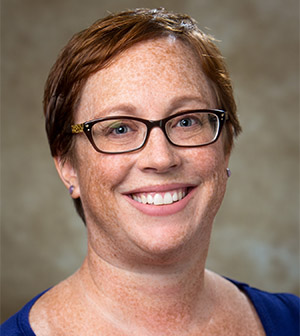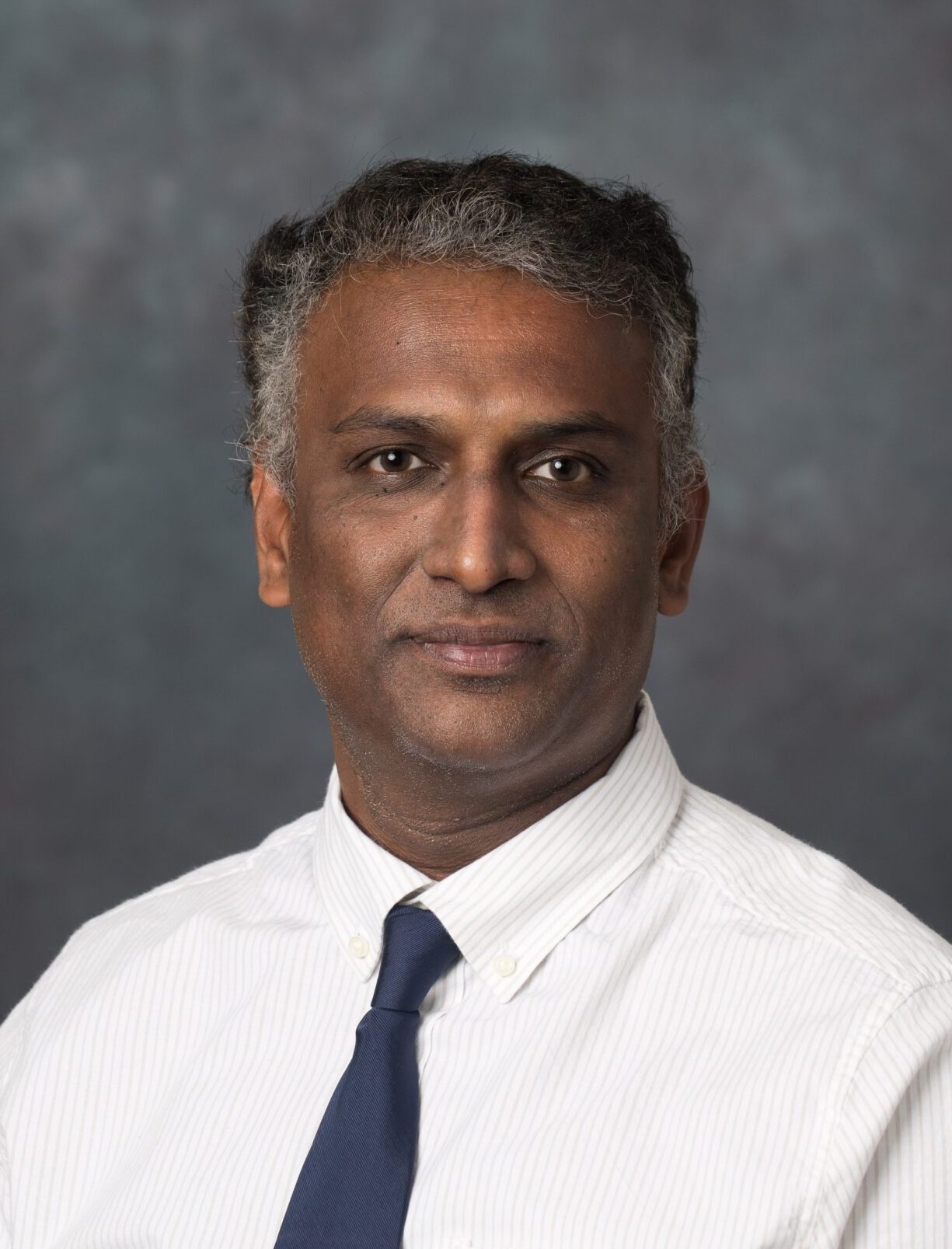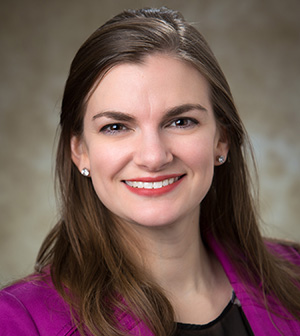Student Research
Students at Mercer University School of Medicine engage in research throughout their training program. Examples of research areas include clinical research, laboratory (bench) research, literature reviews, analyzing data from clinical studies, community health research, and writing up case reports.
MUSM is committed to self-directed learning in all our students. Research requires curiosity, ingenuity, and scholarly intent. Research helps students develop analytic and critical thinking skills. Learning how to read and interpret scientific literature is essential for staying updated on the latest advances in the field. This is especially important for physicians in rural areas, who may not have access to many continuing education opportunities. Finally, conducting and presenting research is a valuable skill that can be included on your CV.
Student Research Opportunities
Students have numerous opportunities to participate in basic science, clinical and population health research. For M.D. students, several formal programs are available that provide funds for students to engage in summer research. Throughout the year, MUSM students participate in the research of faculty members as well as independent student-generated research. Within the curriculum, medical students also gain exposure to potential research opportunities during the Population Health and Medical Research (PHMR) Block. Graduate students have the opportunity to participate in the research of their faculty members, including through paid research assistantships.
- MD students: Opportunities For Research During the Four Year Curriculum
- Graduate students:
- Rural Health Sciences PhD students have access to Research Assistantship opportunities within the Center for Rural Health and Health Disparities and the Georgia Rural Health Innovation Center
- Laboratory research as part of the Biomedical Sciences PhD program
- Undergraduate: Contact Student Research to learn more.
For more information about any student research opportunities, contact Student Research.
Summer Research Enrichment
The Summer Research Enrichment (SRE) program provides MUSM MD students with faculty-mentored research opportunities in a variety of fields and introduces them to professional skills that enable them to incorporate their research experiences into their career development path. The SRE program supports the mission of MUSM by engaging students in research that advances the healthcare of all Georgians and educating future physicians in the steps involved in medical research, the evaluation of published research, and the professional presentation of research. The training provided through SRE enables MUSM graduates to address grand challenges in rural healthcare during their residencies and professional careers. All students are welcome to join in SRE program activities, including the professional development series and the end of summer student research symposium regardless of whether they participate in the MUSM SRE or external research opportunities.
Additional information can be found in the Canvas course.
External
- AAMC-identified research opportunities
- Grady STaR Program
- Research projects at another university
- A chart of external opportunities can be found in the Canvas Course
Where to Present Research Outcomes
Students are invited and encouraged to participate in several annual research symposia:
- Summer Research Enrichment Symposium
- Joint Research Conference
- MU BEAR Day
- Georgia American College of Physicians Scientific Meeting
How to Connect with Research Projects
Contact a faculty member: Students may browse the MUSM faculty directory to learn more about the expertise and professional interests of researchers at the School. The Biomedical Sciences Research page also gives an overview of current research.
Student Research Canvas Course
Currently enrolled MUSM students may join the dedicated Canvas course to learn more about student research at MUSM. Contact MUSMstudentresearch@mercer.edu or your campus’s Director of Student Research to learn more.
Campus Directors of Student Research
-

Gretchen Bentz, PhD
Macon
-

Raghavan Chinnadurai, PhD
Savannah
-

Emily McMackin, PhD
Columbus


